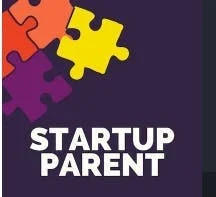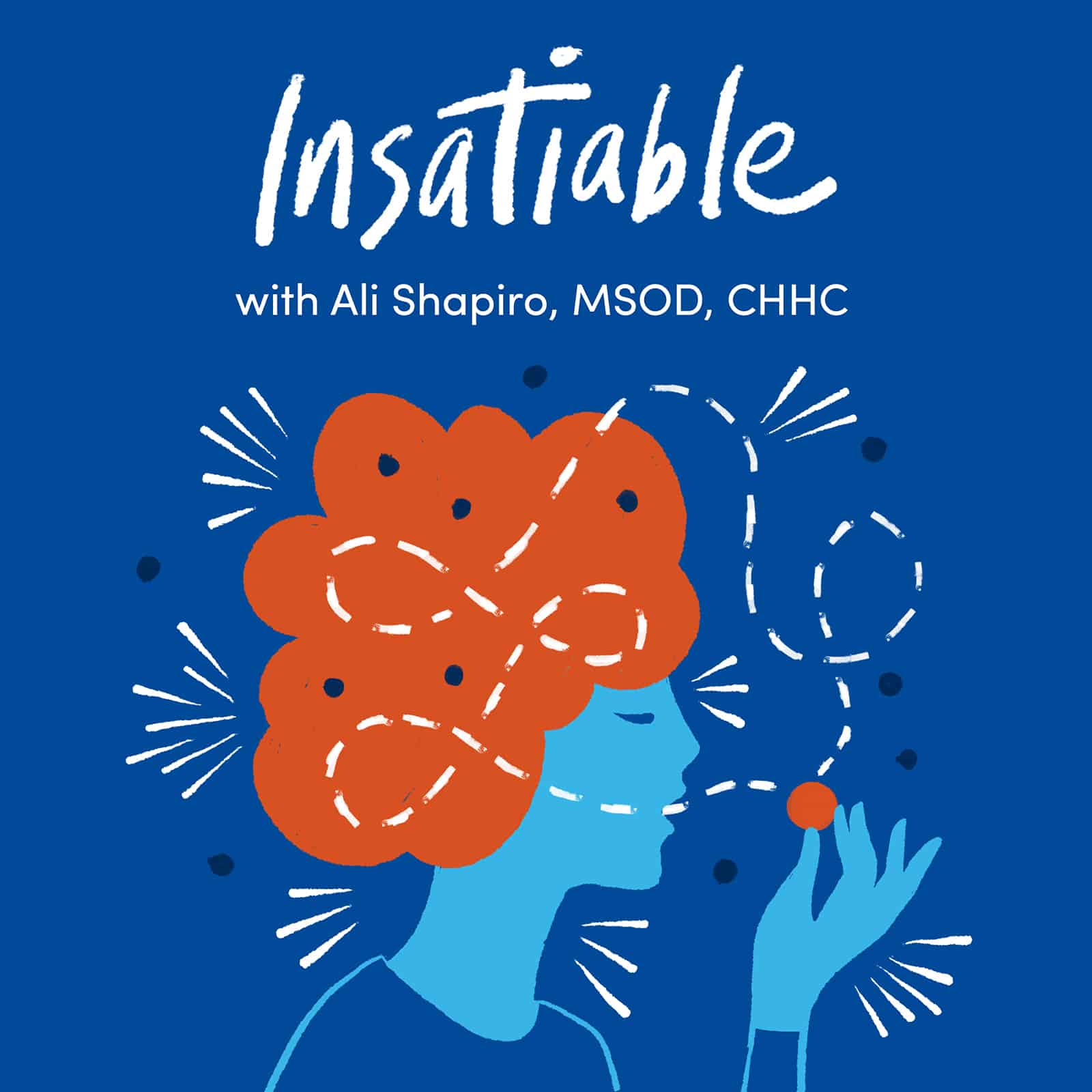Growing up middle class in the 80s, back-to-school was really the only time you went clothes shopping.
I still remember my Mom taking us to the mall; my sister and I were each given $200 for clothes. We’d wait for Esprit sales and bring 20% Hornes (then Lazarus) coupons to stretch my parent’s hard-earned, city school teachers’ salaries. I remember thinking The Gap was high-end.
I especially loved buying a new Trapper Keeper, colored folders for said Trapper Keeper, paper (so much paper!), and colorful erasers for my new plastic pencil case.
I was a really good student. Looking back, I’m surprised how little I tried. I did my homework, studied, and was diligent. But there wasn’t a real struggle to excel. And I didn’t stretch myself in the subjects that didn’t come as easily as science and math.
So it’s no wonder when I was struggling with my food and weight, I tried to be a “good student”. As the coaching maxim says, “When you have a hammer, everything looks like a nail.”
I read every nutrition and diet book. I followed the experts directions. And in the same way I thought the curriculum curated by a conservative school board was all I needed to know (I was in a Blue-Ribbon school district after all), I thought health experts were telling me everything I needed to know (I assumed best seller lists and popularity meant more credibility!).
What I didn’t know but discovered in graduate school was that adults learn differently. That what made me successful in school – essential working the system – would backfire with my eating habits.
Why Am I Eating This Now? (WAIETN) Live: Your Life and Eating Aligned, is a process that honors how adults learn.
There’s no system to work or rules to follow. There is a structure of self-discovery exercises and practices to want to want to make the healthy choice; most adults rebel against their autonomy being taken away.
It’s experimental because experience, not more information, is the richest form of adult learning.
And it helps you tie your eating and new stress choices to a more gentle, easeful, and satisfactory life because adult learning is life-or-work centered. If your food and life choices can’t make your life easier or better, it’s a hard sell when you’re adulting with so many responsibilities.
Registration is September 11-18, with a $100 savings for early birds who register by September 14.
Want a free WAIETN sneak peek? Join my free A Cookie Isn’t Just A Cookie: Stop Stress Eating workshop on Wednesday, September 13. More deets here.
And if you’re a change agent interested in something suited for how adults learn, one that unleashes their autonomy, agency, and is rich in experimentation (not worksheets!), consider joining us in my Truce Coaching Certification (TCC).
TCC will up-level your confidence, impact, and business results as you learn how to facilitate complex behavior change. And don’t let those dry words fool you – this work is spiritual and soul-filled. TCC registration opens September 18-October 6. Join us here to learn more and be added to the interest list.
New Podcast
StartUp Parent: Health and Wellness Advice Is Failing You. Here’s Why.
This week, I’m sharing my guest appearance on the StartUp Parent podcast. I go in-depth on why so many health programs and approaches don’t produce the sustainable or transformative change adults are looking for because they aren’t designed for the adult learner.
And just like pharma drugs have warning labels, this episode has one too: We discuss miscarriage, infertility, weight loss, and not liking the baby phase. You know, just my life the last few years.
In episode 217, Sarah and I discuss:
- The lies and myths of modern “health and wellness” thought leaders.
- Why it’s nearly impossible to do parenting, work, and health by yourself.
- Why self-compassion and psychological flexibility are critical for personal growth.
- The four tenets of adult change and why adults learn differently than children do.
- Plus, Ali shares her own unique parenting journey, including early onset menopause and motherhood.
For Change Agents
You might be familiar with the “Know Your Why” and Motivational Interviewing. They’re popular right now.
The idea is to get clients clear on why they want to change so they are intrinsically motivated.
But often with adults, their Why or intrinsic motivation can change pretty quickly:
- They might want to eat better AND a work project just blew up and their financial security is much more urgent than a further off, potential, health issue.
- They might want to take care of themselves and their kid’s daycare closes and who really goes against the rules of nature and puts on their own oxygen mask first on with their kid?
- They lose all “the tools” because they’re in a shame spiral, which puts them in freeze and it’s impossible to use self-compassion tools.
Adult clients have competing commitment or multiple Whys that vary in “rank”, depending on the situation. Understanding adult learners is critical to a successful program design. Think not what you teach but how you facilitate the skills you want them to learn.
My StartUp Parent interview above will hopefully provide some lightbulbs about why certain parts of your offerings work and somethings to consider for improving outcomes.
Interested in wanting to facilitate a process where competing commitments are assumed and is designed around adult learners? Consider my ICF and BCNS, trauma-informed Truce Coaching Certification (TCC).
Join us here to learn more and be added to the interest list.
Be Well,
P.S. Book your calendars now for a free sneak peak of my WAIETN Live: Your Life and Eating Aligned program with my free, A Cookie Isn’t Just A Cookie: Stop Stress Eating workshop on Wednesday, September 13. Get all the deets and register here.
P.P.S. If you’re a change agent interested in wanting to facilitate a process where competing commitments are assumed and is designed around adult learners, consider my ICF and BCNS, trauma-informed Truce Coaching Certification (TCC). Join us here to learn more and be added to the interest list.
Want more content like this where we get to the roots of your sustainable change battle like food, exercise, and overworking?
Sign up for my list here









Leave a Reply